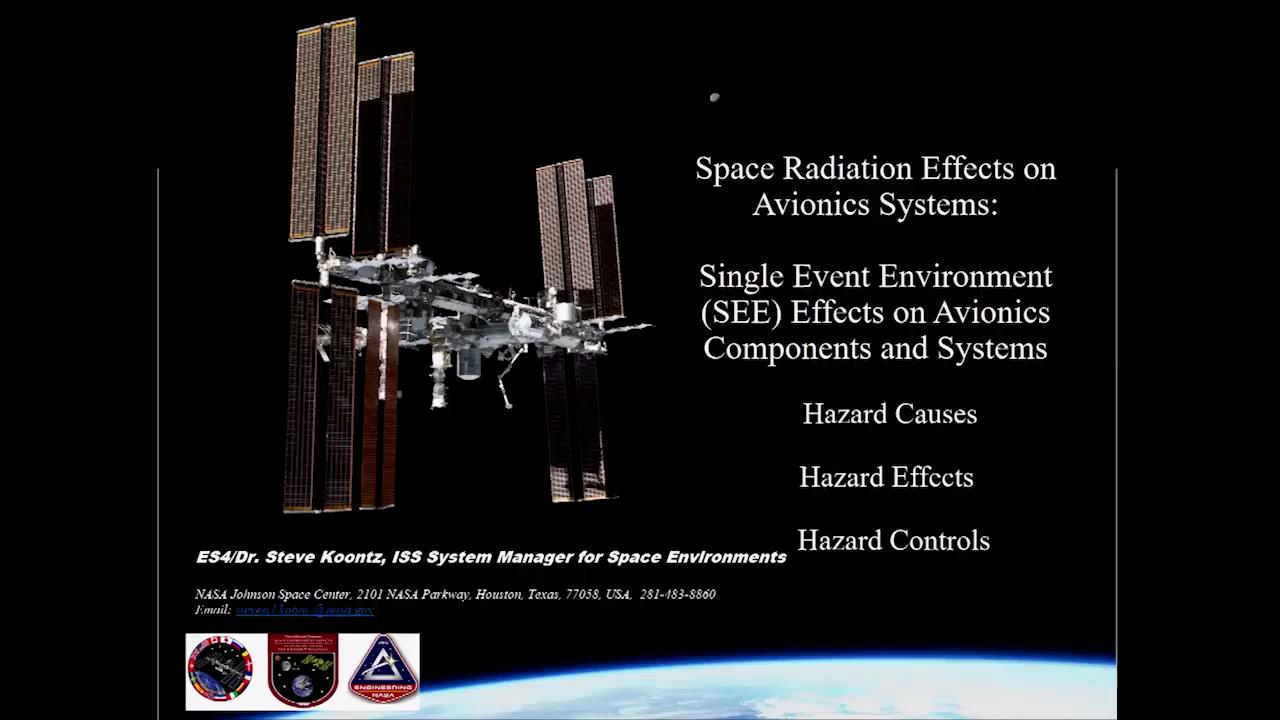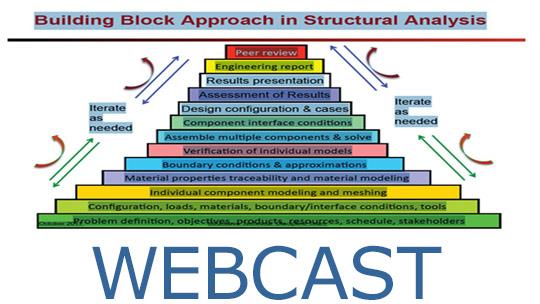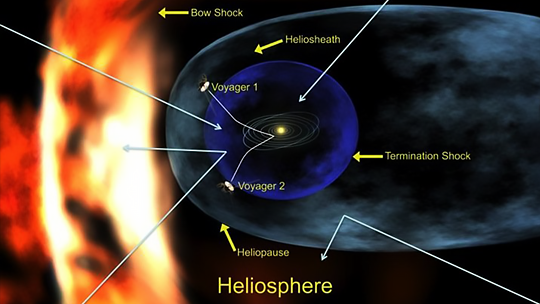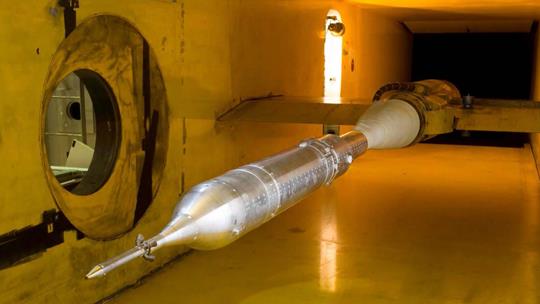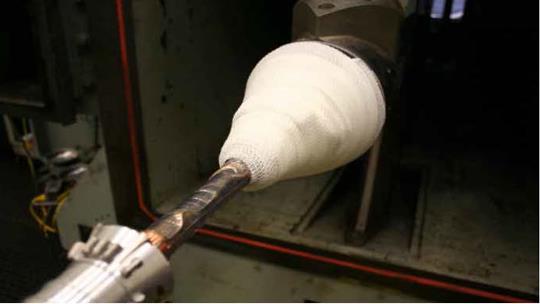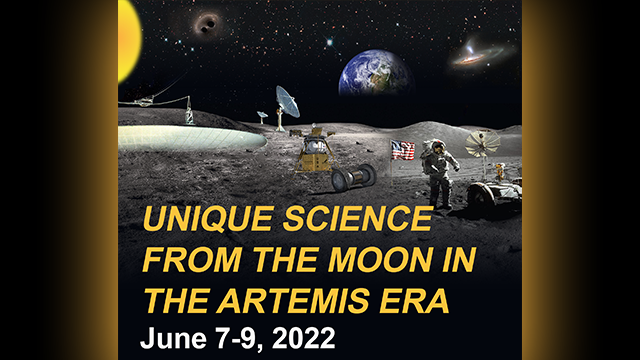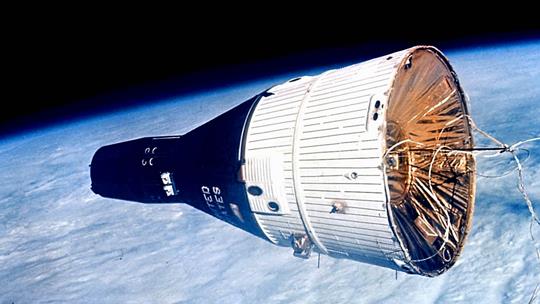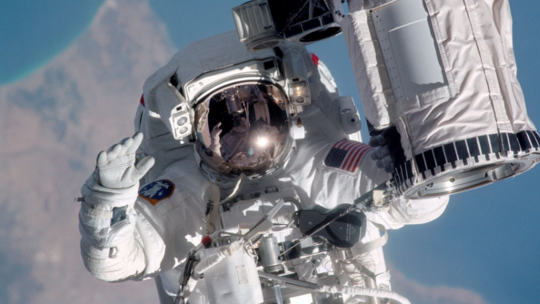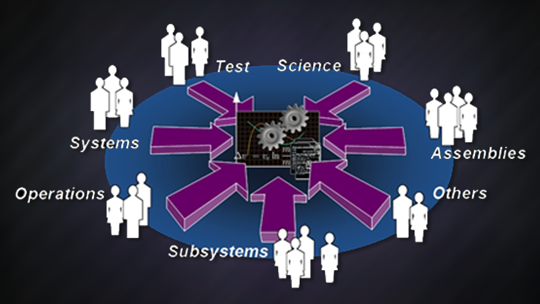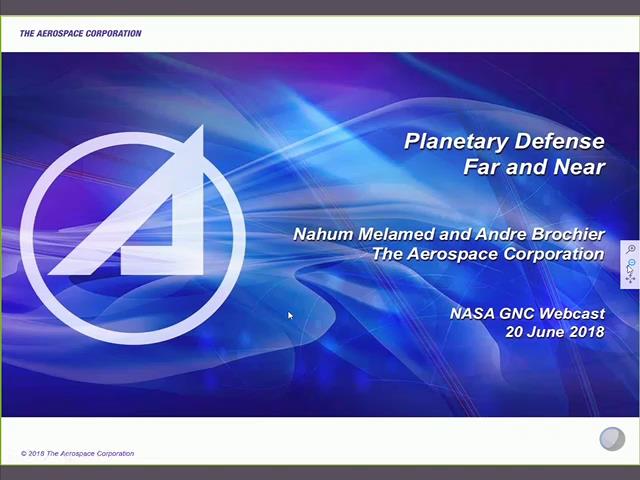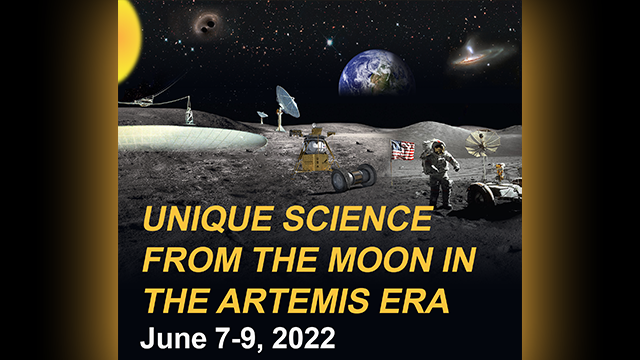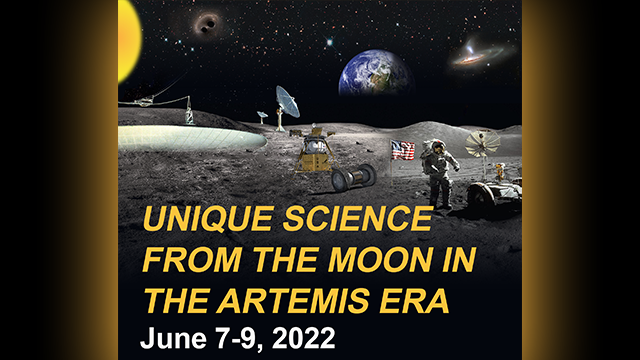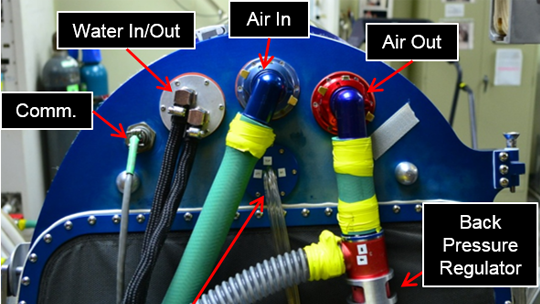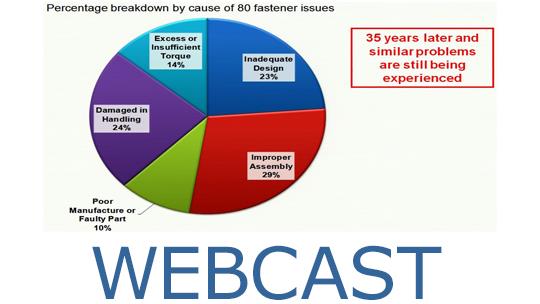Launch Vehicle Design and Requirements Verification Using Statistical Methods
Abstract:
This presentation will include a description of statistical methods to derive models of launch vehicles that can be used during design phases in order to demonstrate that performance requirements will be met, and in order to derive driving design parameters that can be used to define what environments and other parameters the vehicle must endure. The approaches developed in this paper can be applied to other complex design efforts as well. This paper also explains a method (order statistics) for determining whether certain probabilistic requirements are met and enables the user to determine how many Monte Carlo samples are required. These methods also apply to determining the design values of parameters of interest in driving the design.
About the Speaker:
John Hanson has been with NASA since 1990 after previously working at the ANSER Corporation on Air Force space projects. At NASA he spent over 20 years in the Flight Mechanics/GN&C discipline in areas of increasing responsibility. He was a team lead, Branch Chief, and Technical Assistant for the Division. He led Flight Mechanics/GN&C work on the X-33 and Ares projects. He led the Advanced Guidance and Control Project that led to the adaptive flight control being used for SLS, and developed the process being used for verifying probabilistic SLS requirements. He was the Alternate Lead Systems Engineer for SLS from 2011-2016, followed by detail assignments as SLS Deputy Chief Engineer, Vehicle Management Discipline Lead Engineer, Technical Assistant for the Structures and Environments Division, and Technical Assistant to the SLS Chief Engineer.
He was detailed to the NASA Office of Chief Engineer as the Deputy HEOMD Chief Engineer for Exploration Systems Development. Later he was Lead Systems Engineer for the Exploration Upper Stage, and is currently Deputy Chief Engineer for Systems Engineering and Integration in the Moon to Mars Program. He is an AIAA Associate Fellow and has received the AIAA De Florez Award for Flight Simulation, the Silver Snoopy Award, the NASA Exceptional Achievement Medal, the NASA Exceptional Service Medal, and other awards from NASA. He holds a Ph.D. in Aerospace Engineering from the University of Michigan.
